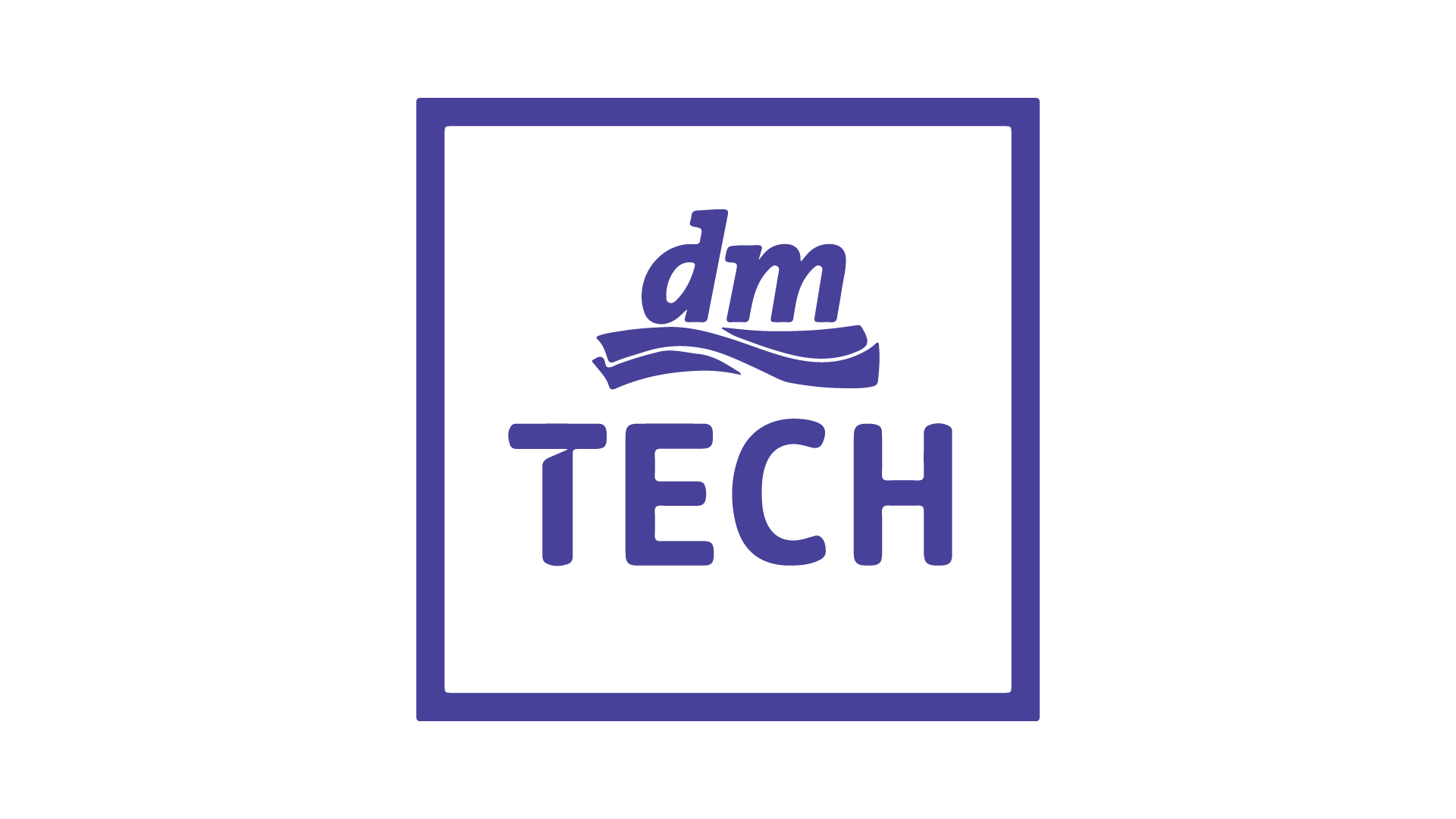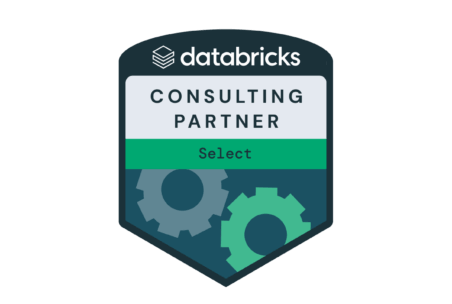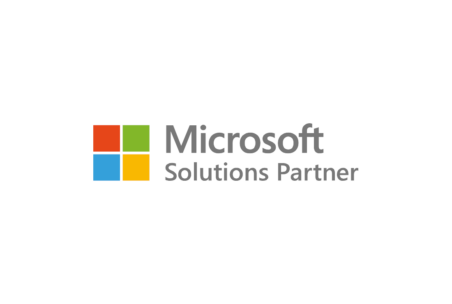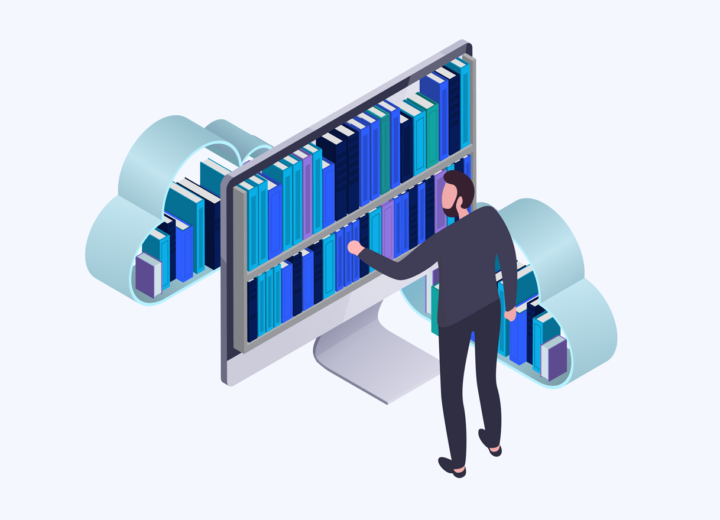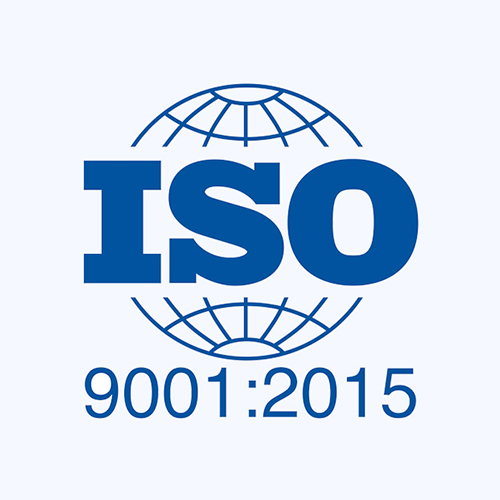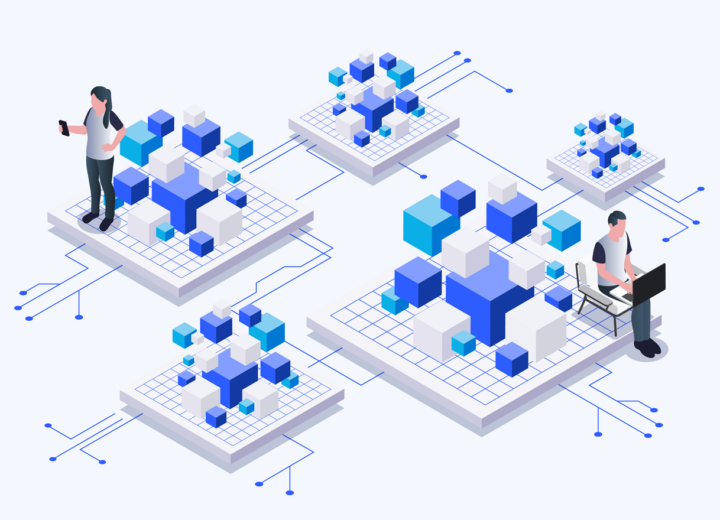
Data Engineering
Data engineering forms the basis for sustainable success in digitization – from data analysis to the use of AI.
Our expertise
A solid data infrastructure is the key to future-oriented business development. It facilitates everything from the creation of new value chains and well-founded decision-making using business intelligence to product personalisation and the use of artificial intelligence.
Opportunities for collecting data have increased rapidly in recent years. Almost any interface with a customer, a machine, or a product is also capable of capturing data. Maintaining an overview in this ocean of information requires concepts and competencies from a wide variety of areas that go beyond traditional software engineering.
To this end, therefore, we provide more than just the data streaming architecture. Organising, provisioning, managing, and integrating huge volumes of data requires intelligent data engineering which also takes into account testing, security, monitoring, and data quality.
To make our data engineering projects even more successful, we employ best practices from software engineering. This results in higher quality, robust data products which form the cornerstones of sustainable success.
As in classic software development, the architecture is also decisive for the success of a project when designing a data lake. With the right design, the data platform is not only stable, but also flexible enough to meet new use cases, such as in the areas of reporting or machine learning. At the same time, operating costs remain low.
With a cleanly designed architecture, we enable our customers to master challenges such as the DSGVO.
In projects, we gear our use of technology entirely to the requirements of our customers. In most cases, we accompany them from the conception phase through to implementation and further development.
for the success of a project when designing a data lake. With the right design, the data platform is not only stable, but also flexible enough to meet new use cases, such as in the areas of reporting or machine learning. At the same time, operating costs remain low.
With a cleanly designed architecture, we enable our customers to master challenges such as the DSGVO.
In projects, we gear our use of technology entirely to the requirements of our customers. In most cases, we accompany them from the conception phase through to implementation and further development.
Cloud-Migration
We gained experience in the field of Big Data at an early stage and are particularly experienced in setting up, designing and maintaining on-premise Hadoop distributions. Accordingly, we know the aspects of a cloud migration in detail and can evaluate its advantages and disadvantages individually and comprehensively.
During a migration, we ensure that the infrastructure as well as the data systems and use cases are implemented “cloud native”. In doing so, we fully exploit the advantages of the cloud. It is important to us that the migrated products can be used by our customers with the new technologies as before.
The EU General Data Protection Regulation (GDPR) is an important factor for the development of new solutions.
This has a massive impact on existing and new data platforms – starting with the compliant storage and provision of data and extending to corresponding authorization concepts and documentation.
A subsequent conversion is time-consuming and associated with additional costs if these requirements were not considered when designing the architecture. For this reason, we consider which regulations apply and how they must be applied in the individual solutions.
A high-performance data platform is the basis for successful data value creation. It enables teams to develop new products by giving them flexible access to the information and allowing them to expand it as required. In this way, a common platform also results in cross-team symbioses that can offer the company new insights.
We help teams with continuous quality monitoring so that they can work successfully and reliably load their data into the platform.
In addition, we enable flexible analysis of data by giving classic reporting solutions access to the data lake. This allows analysts to create reports and evaluations on the data. Complex machine learning products can also take advantage of a data lake, which can also store unstructured data such as images.

Dominik Benz
Head of Data Engineering
